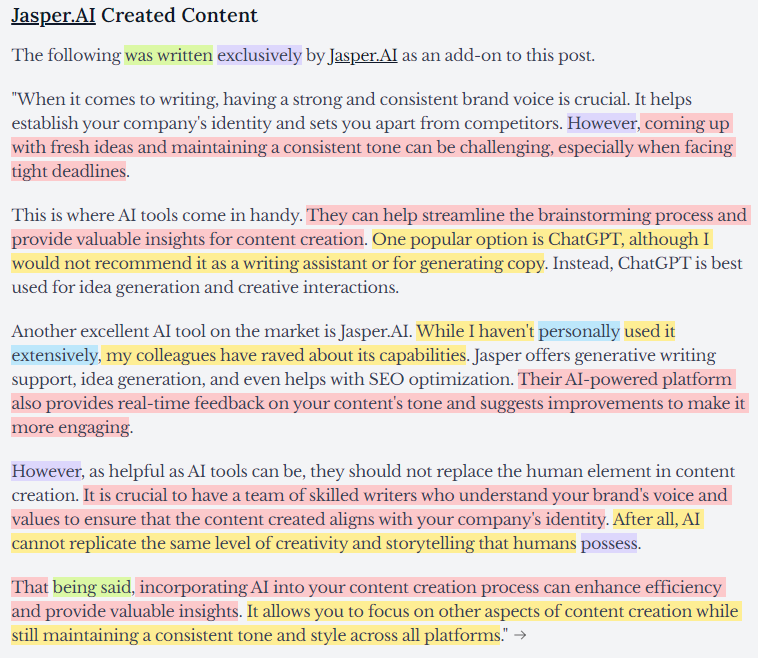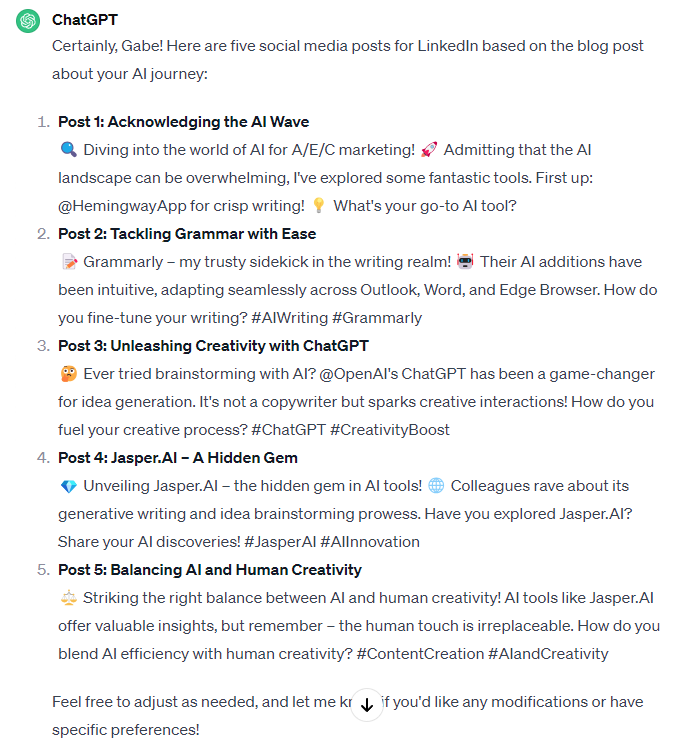|
Business development is not for today. Business development is for tomorrow. A common misconception plagues the AEC industry. Too many firms frame business development (BD) as a quest for immediate gains rather than long-term growth.
Today's BD is Tomorrow's Success Too often, we think of business development (BD) as finding work TODAY. BD within the AEC sector is mistakenly equated with sales - a direct push to win work, sign contracts, and fill project pipelines. But that is not how great business development works. Rarely does a BD professional visit a client and get a project the same day, the same week, or even the same month. On the rare occasion, a project may be solicited a few days or weeks after a BD visit. These are usually not the right client or project fit. Only disorganized clients will solicit work from a consultant in a short turnaround. Cultivate Relationships to Harvest Revenue The best clients, the ones with whom we want to grow, are well-organized and funded. These clients know the projects they wish to accomplish months, if not years, in advance. Great BD work means pursuing a relationship with these clients. While growing or maintaining a client relationship, the BD professional stays ahead of project opportunities. Together, the BD professional and client look ahead to discover projects that are in the best interest of both the client and consultant. Great well-prepared clients are more distinguishing in selecting consulting partners. They're looking for more than a service provider. They're in search of a partner that aligns with their vision, values, and long-term objectives. BD professionals take the time to learn these things through relationship-building. Positioning Leads to Profits BD work done today is positioning for desirable clients and projects tomorrow. Often, the project a prospective client talks about today will not be needed for 12-18 months. The consultants who maintain relationships and stay in the know are the ones who will be best positioned for work in a year or more. Firms with an eye on long-term success shift the focus from reactive opportunism to proactive strategizing. This requires a long-term vision and consistent effort to build relationships and stay informed about industry trends and upcoming projects. The Road Ahead For the AEC industry, redefining business development as a forward-looking task requires a cultural shift. It requires patience, foresight, and a commitment to investing resources without the immediate gratification of tangible wins. Just like smart 401(k) investing, the return on investment (ROI) should be measured in months and years, not days and weeks. In conclusion, great BD work predicts the future of an AEC business and actively participates in creating it. The work put in today yields profitable business tomorrow.
0 Comments
Where is the best cheeseburger in your town? If you're vegan, where is your favorite vegan burger? Pause . . . imagine sitting down at your favorite burger joint. What does it smell like? What is the atmosphere like? Let your imagination run. Salivating yet? I am. My favorite burger in town is at Tropicana Bar & Grill. I put myself there in this little exercise. It's 8:00 AM on a Wednesday, and I just made myself hungry for that awesome cheeseburger. This imagination exercise is marketing. There is a nuance I would like for us to pick up on. I hopefully made you hungry for your favorite burger. I attempted to market your favorite burger by helping you answer the "why" question, not the "how" question. The "why" is your reason for enjoying a great burger. Your why has to do with hunger, flavor, and aroma. Your why has to do with experience. If I can successfully get you thinking about your "why" I can sell that burger to you more easily. But what if I tried to market this burger by answering "how" questions? I start by having you imagine the butchering of a cow. I explain the processing of meat and then how it is preserved and shipped. I then explain how the hamburger is grilled, at what temperature, and for how long. I add the details of the bun and condiments. I bet your taste buds are dancing with excitement! Yet, this is what too many engineers, architects, and contractors do to market themselves. Our instinct is to try and impress clients by answering "how" questions. The practitioners love to discuss the "how." I get it! The "how" is impressive. The intricate details of how infrastructure and buildings get designed and built are fascinating. But the "how" answers do not provide an experience. They do not move the soul or inspire. Learn to answer your client's "why." When I am sick, I want to feel better. I'm not interested in the chemistry of the medicine and the microbiology of how it works. I am only interested in feeling better. "How" my medicine is made and "how" it works is irrelevant to me when I am feverish, aching, and vomiting. "Why" I take the medicine is much more relevant. The "how" answers do not provide an experience. They do not move the soul or inspire. "How" you design a bridge is irrelevant to me when I just want an easier and safer way to cross the river.
"How" electricity gets generated and delivered to my home is irrelevant when I need my air to work on a hot summer day. Start reviewing your marketing messages. Are you trying to answer "how" or "why?" Review your website, brochures, blog posts, social media channels, and proposal documents. If you find you are answering more "how" questions, it's time to update. Start answering the "why" questions.  Jasper.AI Art Jasper.AI Art It seems everyone is investigating and using Artificial Intelligence (AI) for A/E/C marketing. I have been ignoring the topic for most of 2023 concerning writing or presenting. I felt like an infant in my understanding of and use of AI most of last year. I have to admit, it was a bit scary and intimidating. Like many of you, I attended several programs and read plenty of articles and blogs trying to learn more. I started using various AI programs to see how they may work for me and my role. It may be helpful for me to share this brief excursion into AI. So, here is what I have learned thus far on my AI journey. AI is exploding! There are many AI programs and software options! So many it quickly becomes overwhelming. My best advice is to investigate and play around with the ones that are most compelling to you. Nearly all these programs have free trials so you can spend some time learning at no cost. Here are my favorites I use every workday.
The graphic associated with this post was generated by Jasper.AI art. The above image illustrates both Jasper.AI writing and how hemingwayapp.com identifies opportunities for better writing. The quoted portion of this image is a direct writing product of Jasper.AI. Jasper continued to write for me based on my blog post. The yellow and red shaded text is identified by hemingwayapp.com as hard or very hard to read. The blue shaded text identifies adverbs. The purple shaded text identifies complex words or phrases and offers simpler alternatives. The greed shaded text identifies passive voice. The ChatGPT image illustrates how generative AI will brainstorm ideas for social media posts on LinkedIn to promote this blog post.
Please leave a comment and let me know what AI programs you use and why. Let's learn together! |
AuthorGabe Lett, FSMPS, CPSM, LPC Archives
May 2024
Categories
All
The views and opinions expressed on this blog do not necessarily represent the views or opinions of Prairie Engineers.
|





 RSS Feed
RSS Feed